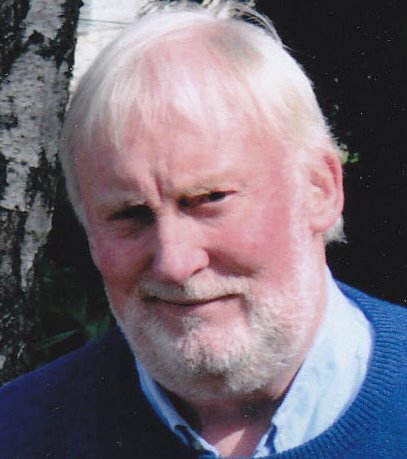 Followers of this blog will remember I wrote about the apparent reduction in standards for stroke care in Scotland a few weeks ago (If you can’t stand the heat…). I wanted to let you know how I got on when I wrote to my MSP. You can find out by going to this article in yesterday’s Scottish Review.
Followers of this blog will remember I wrote about the apparent reduction in standards for stroke care in Scotland a few weeks ago (If you can’t stand the heat…). I wanted to let you know how I got on when I wrote to my MSP. You can find out by going to this article in yesterday’s Scottish Review.
Meanwhile, this is Action on Stroke Month and the Stroke Association has produced a report on the emotional impact of stroke, Feeling Overwhelmed. If ever there was a case for investing in long-term stroke care, this report underlines it emphatically, yet our Scottish Government – and it is they who control the purse-strings of the NHS in Scotland – just don’t seem to get it. Leave aside for a moment the undoubted physical and psychological benefits for individuals. Long-term care and rehabilitation for stroke survivors really is an investment that can pay dividends in terms of fewer demands on the health service, the benefits system and the social care system. Shortly after leaving hospital, I was told somewhat angrily by a doctor that continuing physiotherapy for stroke survivors “cannot be afforded”. Excuse the double negative, but it cannot not be afforded – if we take a long-term view.
I left hospital in a wheelchair. I paid for first-rate physiotherapy for more than two years. I got mobile again. I returned to work. I paid taxes again. Isn’t that an investment, looked at in terms of hard-headed economics? Shouldn’t that investment be available to all stroke survivors whether or not they can afford physiotherapy?
But there is a wider issue here, and it is about our society’s attitudes to injury and disability. The fact that we can “afford” physiotherapy for someone who breaks a leg on a skiing holiday but cannot “afford” physiotherapy which might improve the quality of life for someone affected by stroke, tells us much about how we choose to spend the health resources we have. Perhaps the priorities our politicians have for our health service simply reflect the values we ourselves have for our fellow citizens afflicted by illness and disease.
In the mean time, let us take practical steps to ensure we have the best possible post-acute care for stroke survivors. Step one: those HEAT targets – let’s make sure that our health service gets serious about ensuring all stroke survivors are admitted to a specialist stroke unit within 24 hours.
If you live in Scotland, will you take the time to ask your MSP the same questions that I did? Who knows – one day your quality of life may depend on it.
